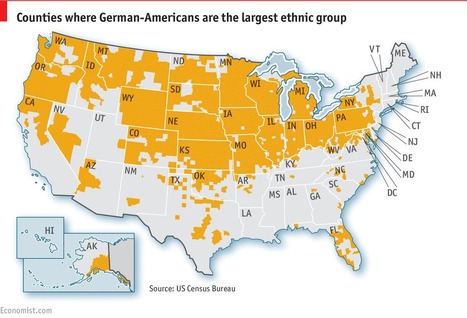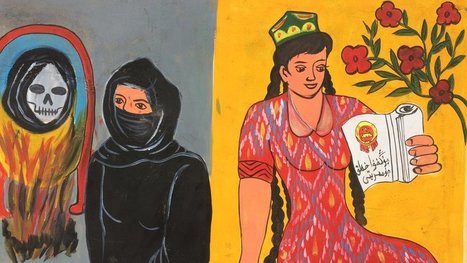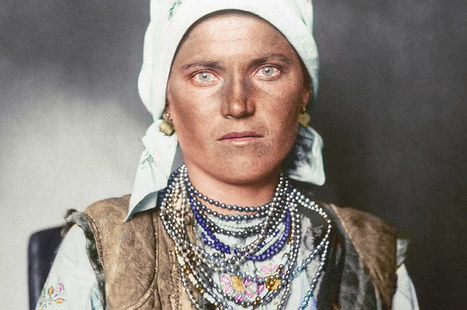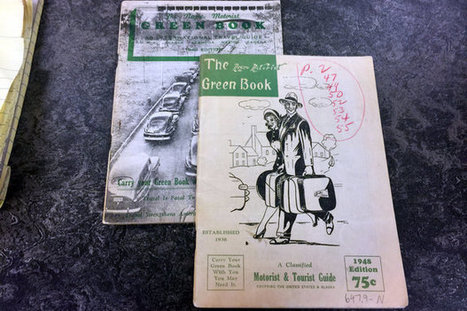America’s largest ethnic group has assimilated so well that people barely notice it
German-Americans are America’s largest single ethnic group (if you divide Hispanics into Mexican-Americans, Cuban-Americans, etc). Yet despite their numbers, they are barely visible. During the first world war, parts of America grew hysterically anti-German. Many stopped speaking German and anglicized their names. The second world war saw less anti-German hysteria, but Hitler and the Holocaust gave German-Americans more reasons to hide their origins.
Tags: culture, migration, historical, ethnicity, USA.
Via Dawn Haas Tache



 Your new post is loading...
Your new post is loading...





























